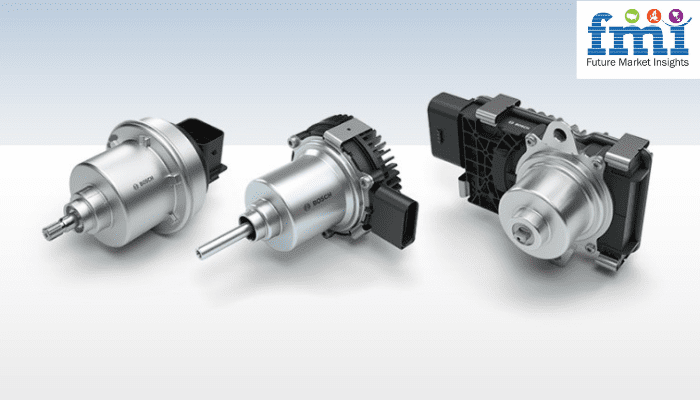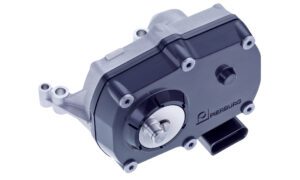The automotive actuator market is estimated to develop at a CAGR of 6.6 percent between 2022 and 2032, reaching a valuation of US$ 25.4 billion.
Automotive actuators aid in the conversion of electrical impulses from control units to action, making them an important component of electronic control systems in vehicles. Different types of automotive actuators are used in different vehicle models, and depending on the vehicle function, different actuators fulfill different duties. The actuator’s purpose in the engine control system is to open and close air flaps to optimize torque and power while preserving idle speed.
As consumers become increasingly conscious of excessive carbon emissions and high gasoline and diesel usage, vehicle actuators have become more popular. By giving the needed amount of fuel to the engine and managing the fresh air supply, these actuators aid in the regulation of fuel consumption and the reduction of polluting emissions.
Over the projected period, the automotive actuator market would profit from increased passenger car demand. However, the risk of an electric component in an electric actuator failing, as well as an increase in malfunctioning components, could impede global automotive actuator market growth. Nonetheless, rising demand from the automotive industries in China, the United States, and Germany is likely to propel the industry forward.
Competitive Landscape
Denso Corporation, Hitachi, Ltd., Robert Bosch GmbH, Nidec Corporation, Mitsubishi Heavy Industries Ltd., ZF Friedrichshafen AG, Magna International, Inc., and Mahle GmbH.































